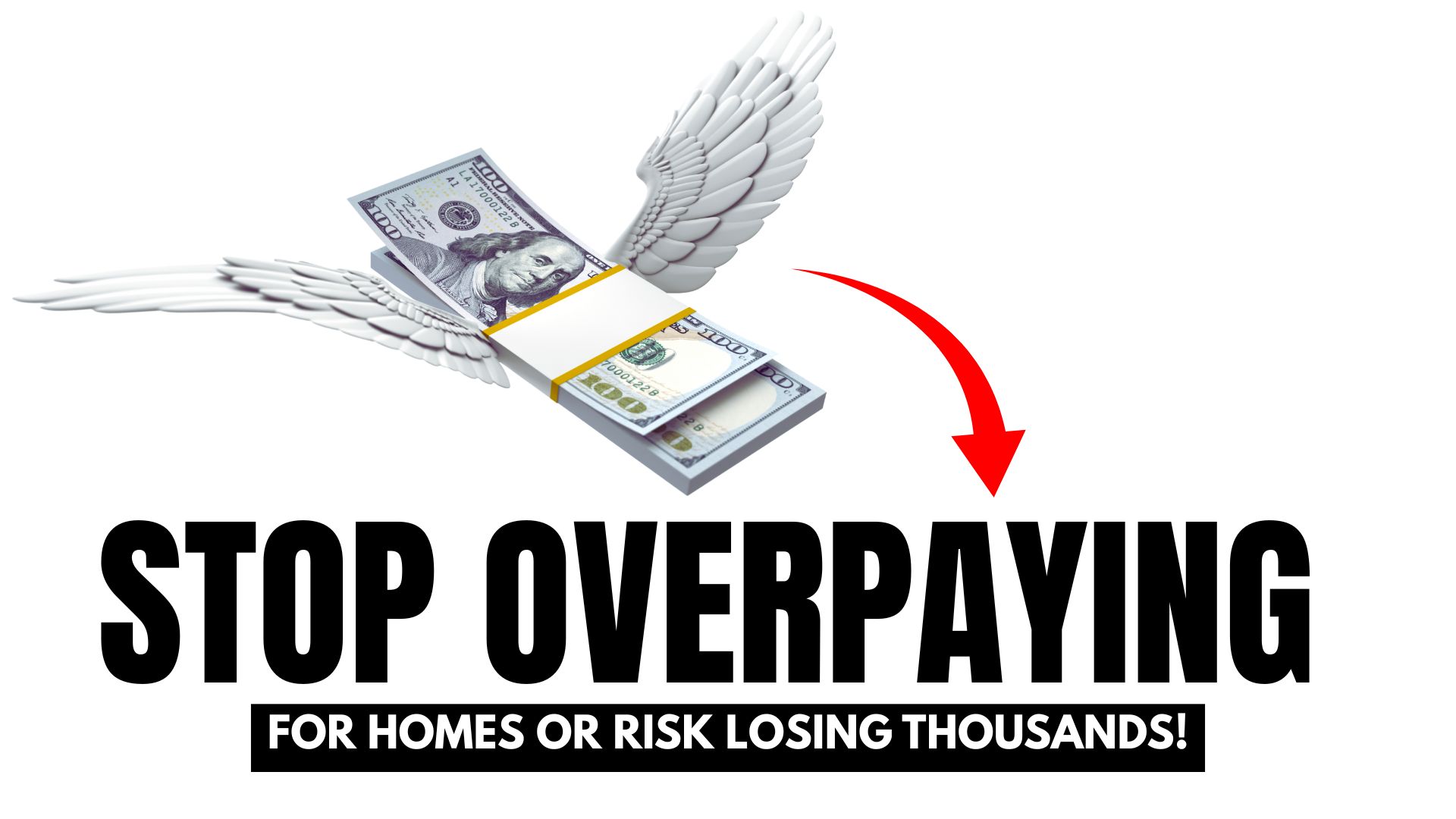Are You Making This Costly Mistake When Buying a Home?

Overpaying could be draining your future wealth—before you even get the keys.
In today’s competitive market, many buyers rush in emotionally and skip the most important step in protecting their budget: negotiation strategy.
Let’s break down why overpaying happens, how to avoid it, and the one strategy top buyers use to save thousands on their purchase.
The Mistake: Falling in Love Before Doing the Math
It’s easy to get swept up by a dream kitchen, spa bathroom, or that "perfect backyard." But real estate is an investment, and overpaying by even 5% can cost tens of thousands over the life of a loan—not to mention your ability to build equity.
Remember: You're not just buying a home. You're buying a financial asset.
Why Overpaying Hurts More Than You Think
-
Higher monthly payments
-
More interest over time
-
Less room to build equity
-
Increased risk if the market dips
Overpaying means you might not break even if you need to sell within the next 3-5 years.
The Strategy Smart Buyers Use: Leverage Local Market Data
Top buyers don’t guess what a home is worth—they know. They use comparative market analysis (CMA) to:
-
Understand recent sales in the area
-
Spot overpriced listings
-
Back up their offer with real data
When you bring facts to the table, you shift from emotional buyer to informed negotiator.
How to Use This Strategy:
-
Ask your agent for a CMA report before making any offer.
-
Look at sold prices, not just list prices.
-
Consider the home's condition vs. local comps.
-
Use inspection results as leverage to negotiate even further.
Bonus Tip: Always have a walk-away number in mind. If the seller won’t budge, trust your data—and move on.
Bottom Line:
You don’t have to overpay to win. The smartest buyers are the ones who stay informed, strategic, and grounded in numbers—not emotion.
Want access to local comps and a custom buying strategy? Let’s chat before you make your next offer. It could save you thousands.
